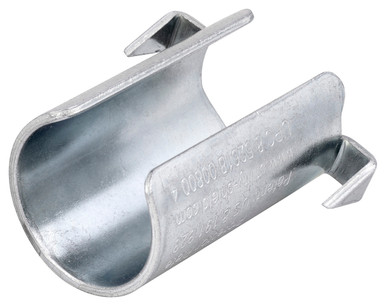curt swartz
Senior Member
- Location
- San Jose, CA
- Occupation
- Electrical Contractor
In every jurisdiction in my area you will know the status of the inspection when the inspector is onsite. Even if the electrician, plumber, etc is not there someone representing the GC or homeowner will be.


